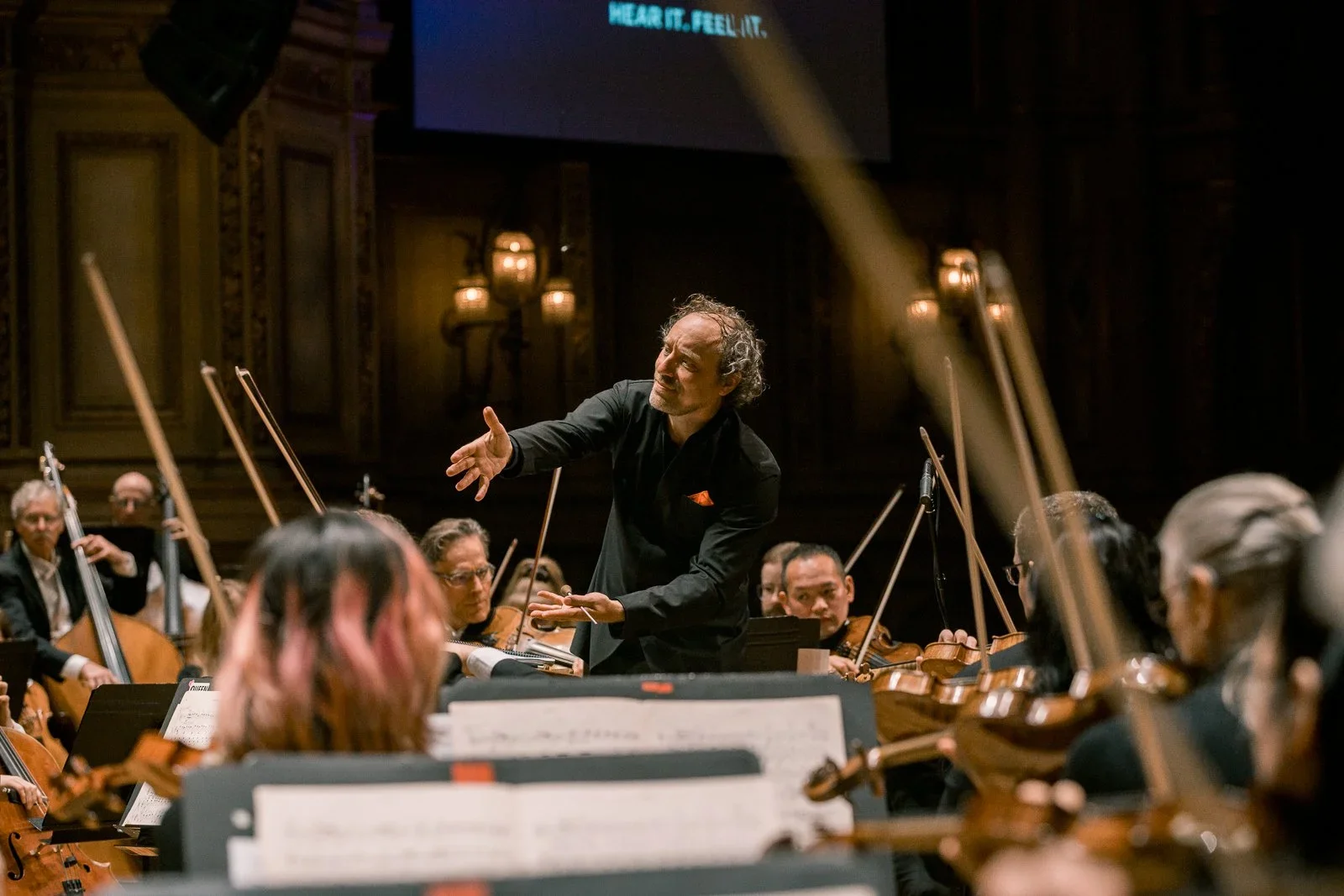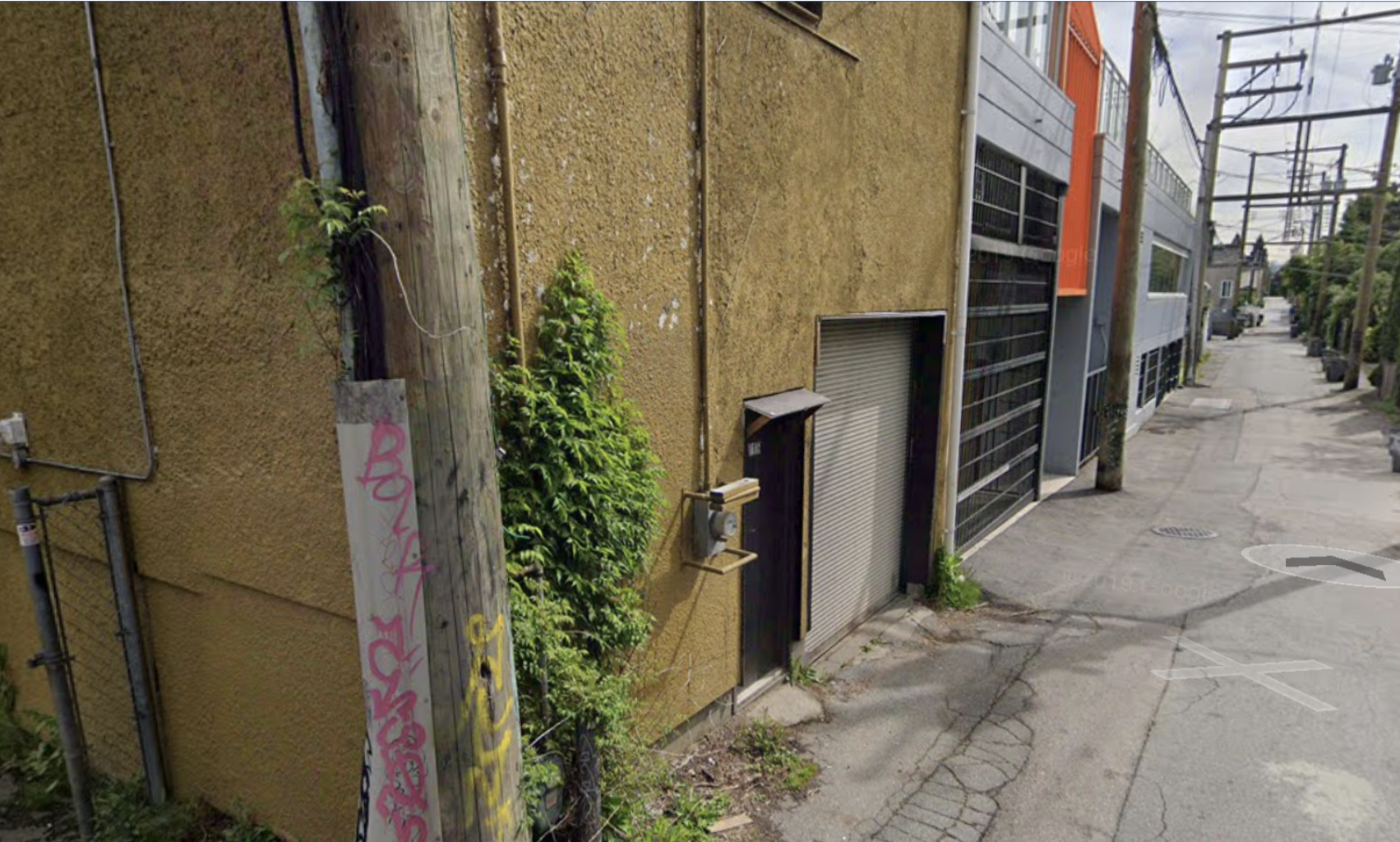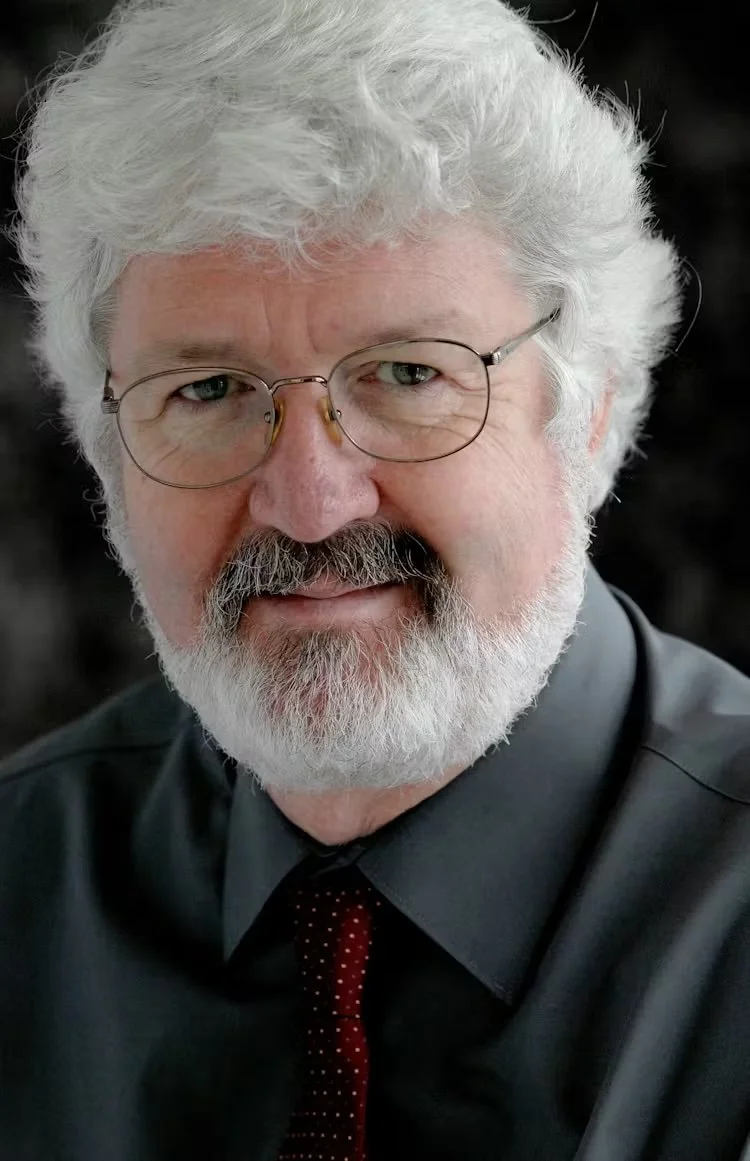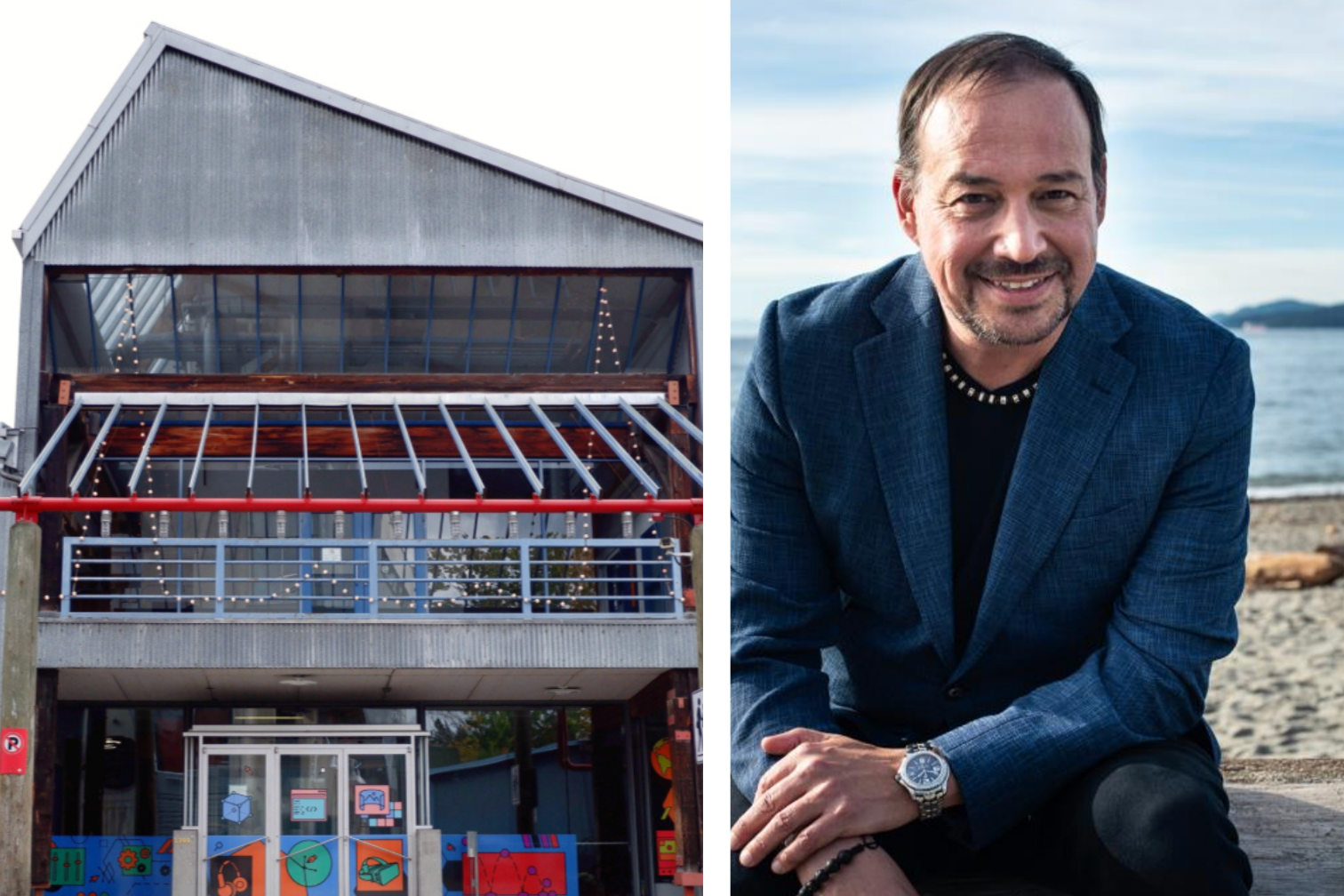The arts are coming back, following news of B.C.'s Restart plan
With gradual steps in place, theatres and venues could be fully open by fall
In-person events at the Firehall Arts Centre like last year’s Music in the Courtyard are in our future in light of the BC Government’s Restart Plan. (Pictured are John Korsrud, NihoTakase, Ronny Swirl, Raphael Geronimo, and, Chris Couto).
THEATRE AND DANCE performances, movie screenings, outings to festivals and fairs: BC’s Restart plan appears to be the light at the end of the tunnel that everyone in the arts has been desperately waiting for.
Released today (May 25), the provincial government’s four-step plan starts now, with a lifting of the so-called circuit breaker that has been in effect for the last six weeks.
As early as September 7, theatres and venues could reopen completely.
Everything outlined the gradual plan depends on case counts as well as vaccination, hospitalization, and mortality rates. But at this point, things are looking up as the province begins to open up.
Donna Spencer, artistic producer of the Firehall Arts Centre, says she’s optimistic about the future, something she hasn’t felt in a long time.
“I’m feeling quite hopeful,” Spencer told Stir. “I’m very hopeful. I have to say I think this is the most hopeful I’ve felt in a year.”
Here are key arts-related highlights of B.C.’s Restart plan (not including information related to personal gatherings or sports):
Step 1 starting May 25: Maximum of 10 people for seated indoor organized gatherings with safety protocols; maximum of 50 people for seated outdoor organized gatherings, such as weddings and funerals.
Step 2 starting mid-June (June 15 being the earliest date): Maximum of 50 people for seated indoor organized gatherings (banquet halls, movie theatres, live theatre) with safety protocols. This phase calls for a consultation process to prepare for larger indoor and outdoor gatherings with safety protocols.
Step 3, which begins early July (July 1 earliest): Increased capacity for indoor and outdoor organized gatherings with safety plans. Fairs and festivals can operate with a COVID-19 safety plan in place.
Step 4 in early September (September 7 at the earliest): Increased capacity at larger indoor and outdoor organized gatherings, like concerts.
Spencer has been actively involved in a group of cultural leaders from across the province that met with the B.C. government earlier this year after months of public-health restrictions had kept cinemas and performing-arts venues closed. Called the Professional Performing Arts Venues and Independent Cinemas consortium, the group outlined ways that such spaces could in fact operate safely with COVID-19 measures in place.
“I think that the work the group was doing has had an impact on these decisions,” Spencer says. “I feel because we had a plan in place that we shared with them…it has really pushed us forward faster than if we had waited.
“When we started, we were told we’d be the last to reopen, and we aren’t going to be the last,” she says. “By the looks of it, we can have live performances over the summer months for 50 people: that is fantastic. By September we could reopen back to our normal numbers. I’m not sure if that’s really what will happen, but I’m very optimistic. I think having this road map gives us the ability to plan.”
The inability to plan, unfortunately, is what left many arts organizations in a difficult if not impossible position prior to this point. Theatre Under the Stars, Bard on the Beach, and the Vancouver Folk Music Festival all cancelled their 2021 events because of so much uncertainty.
The Firehall Arts Centre produces the annual Dancing on the Edge festival in July, and Spencer says they’ve been “walking a bit of a tightrope” in terms of organizing this year’s program. If all goes according to plan, the fest will be able to present live, in-person performances to limited audiences; the team will likely continue to record works for online streaming regardless. “We want to make sure the artists get the support,” Spencer says, noting that the lineup includes pieces by Wen Wei Wang, Shay Kuebler, and Meredith Kalaman, among many others from BC. “If we can only have 50 people in the theatre, with a recording we can still show across the country. We want to make sure local artists get served. And having people in the audience makes a recorded work so much more dynamic.
“I feel comfortable planning—doing small planning,” she adds. “We won’t be doing any huge pieces before Christmas, but we will be planning a season.”
Protocols such as mask wearing and physical distancing remain mandatory during the plan’s initial two phases.
“I’m excited and confident that we in B.C. have taken steps we needed to to get to the end of this pandemic,” Dr. Bonnie Henry said at the May 25 province-wide briefing.
Corinne Lea of the Rio Theatre told Stir she was feeling emotional in light of the Province’s announcement.
“I actually feel quite overwhelmed by this news,” Lea said in a phone interview. “I wasn’t expecting it to be this good. I think it really makes me realize we’ve been living like this for so long that the thought of this being behind us is kind of overwhelming.”
After some “clean-up jobs” at the Rio get done, it will reopen on June 3 as a sports bar (as it ran as earlier this year in response to public-health restrictions) until it can operate as a cinema in June.
While the news is welcome, Lea points out the irony that the Rio can operate as a sports bar with 125 seats but can only have 50 people max when it reverts to being a cinema.
Restaurants, bars, and pubs, as well as indoor fitness facilities, are all able to return immediately to the existing safety protocols that were in place prior to the circuit-breaker restrictions.
The Rio’s Rachel Fox notes that the Rio Sports Bar was able to apply for and receive the circuit breaker grant, which was also given to restaurants, but not movie theatres. Still, Fox was relieved by today’s announcement. “Hearing the news today felt really joyous, yet at the same time it’s equally daunting,” Fox tells Stir. “It’s hard to know how exactly to get this wheel moving again, so that's a little nerve-wracking.
“I think there will be some people that for very good reason will wait to come, because maybe they have people in their lives who are more compromised, or just have this feeling of unrelenting apprehension,” she says. “It’s a mixed bag of concern, but right now it just feels good to not just be told there's a light at the end of this tunnel but that we can actually see a glint of it for ourselves.”
Lea says she can’t wait for the day when the Rio can host a post-pandemic hurrah with musicians, comedians, and other performers; she also looks forward to participatory screenings.
“We’ve been avoiding the Rocky Horror Picture Show for over a year,” Lea says. “It engages a lot of shouting. These are the kinds of things we were thinking about. Obviously, we want safety first. We’ll do nice, quiet movies to start.
“I feel that everyone in my industry is traumatized,” she says. “We’ve been so used to Lucy with the football in Charlie Brown: we’ve had the football taken away so many times I think it’s hard for this news to sink in right now.”













